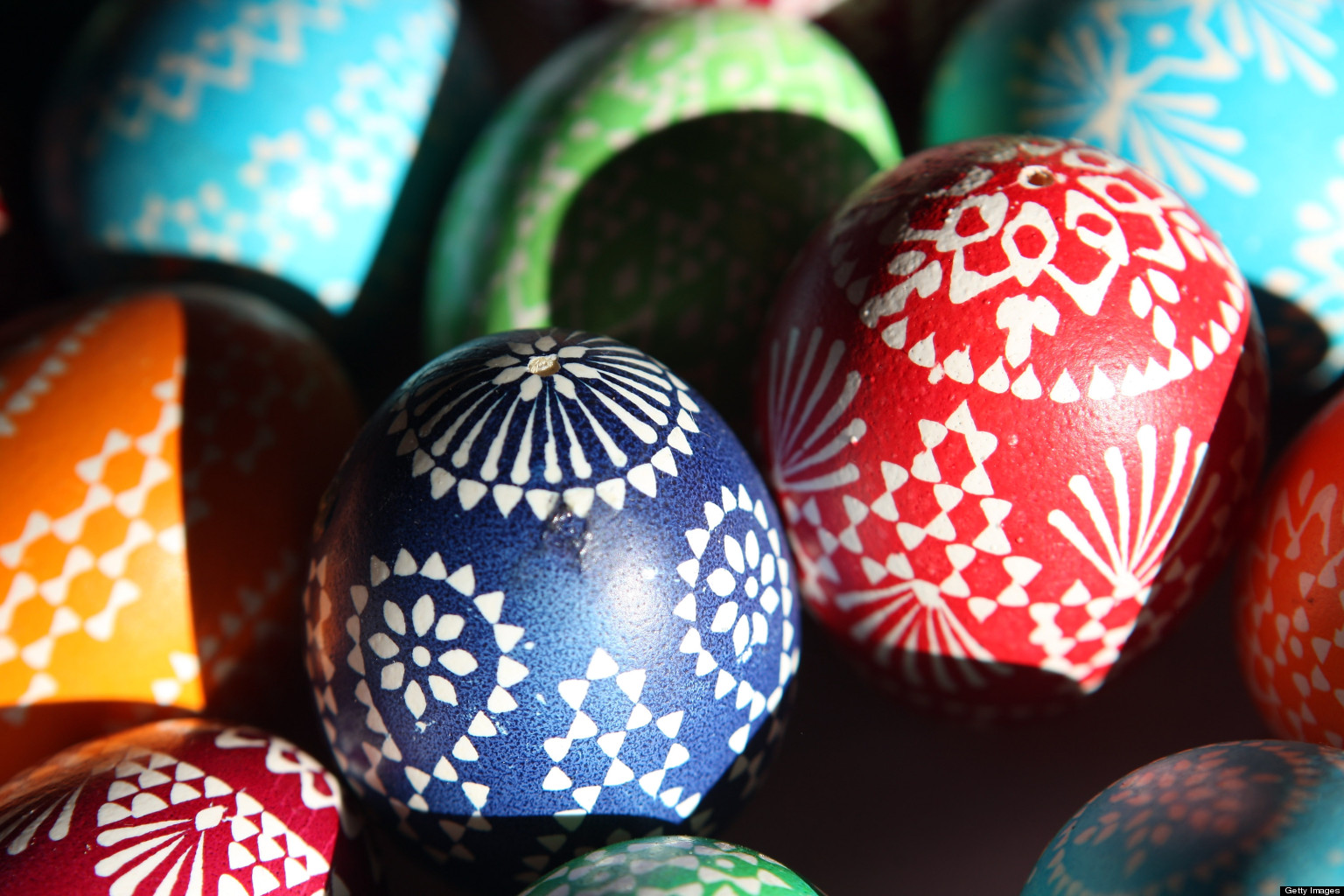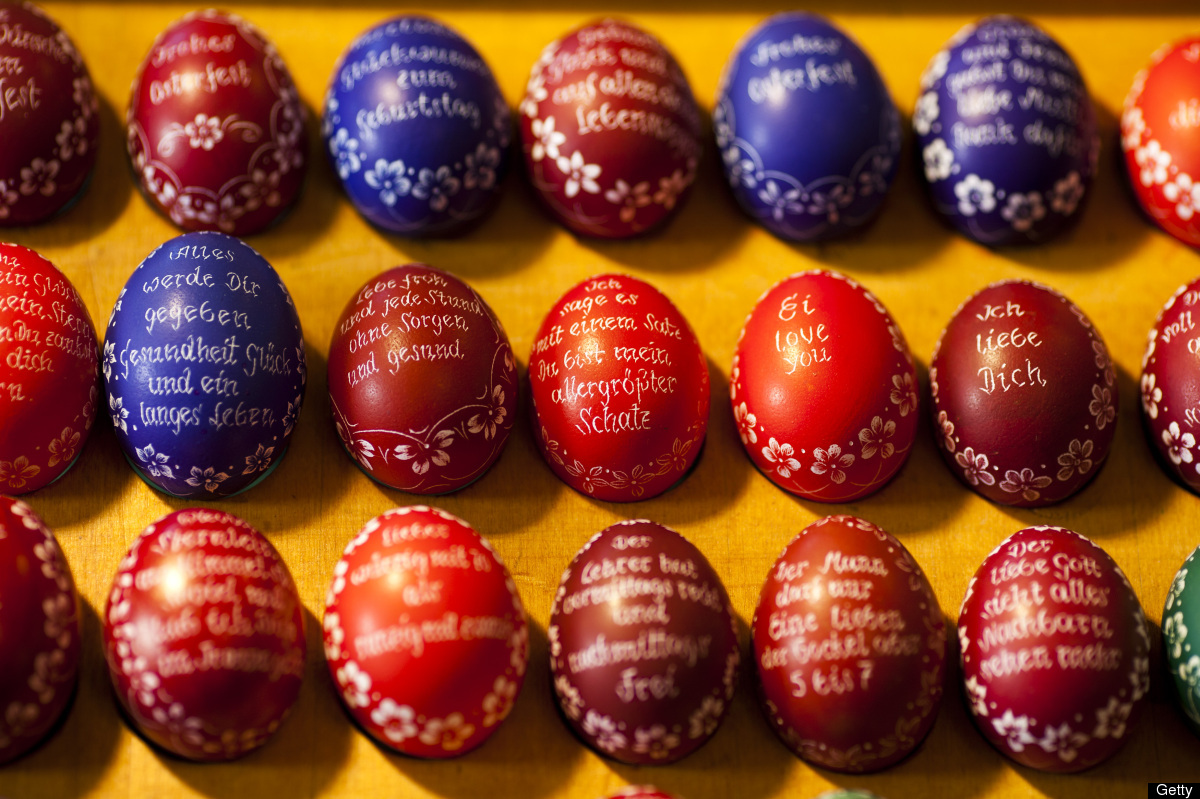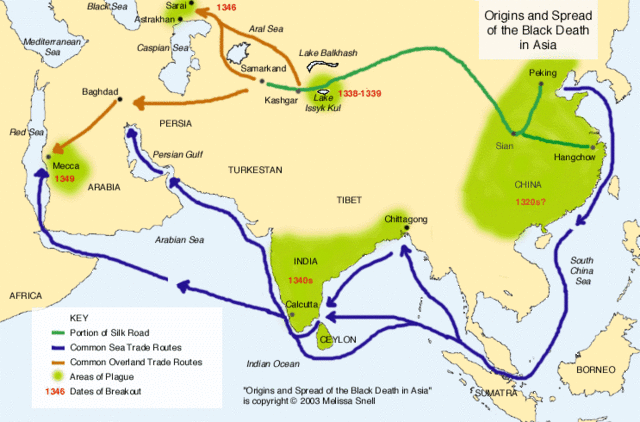Easter eggs history origin symbolism and traditions photos
Table of Contents
Table of Contents
The tradition of Easter eggs is one that has been around for centuries and is celebrated by many around the world. It is a fun and joyous occasion that brings people together to celebrate the arrival of spring and the renewal of life.
Pain Points
Many people are not aware of the history and origin of the Easter egg tradition. This lack of knowledge can make it difficult to fully appreciate the significance of this holiday tradition and can lead to misunderstandings.
The Target of Easter Egg Tradition Origin
The Easter egg tradition has its origins in ancient pagan cultures where the egg was a symbol of new life and rebirth. When Christianity spread throughout the world, it adopted many of the pagan customs, including the egg, and made it a symbol of the resurrection of Jesus Christ.
Summary of Main Points
The Easter egg tradition originated in ancient pagan cultures where the egg was a symbol of new life and rebirth. When Christianity spread, it adopted the pagan egg as a symbol of the resurrection of Jesus Christ. This tradition is celebrated around the world and brings people together to celebrate the arrival of spring and the renewal of life.
Easter Egg Tradition Origin - A Personal Experience
As a child, I always looked forward to Easter because it meant that my family would decorate and hide Easter eggs. We would dye the eggs different colors and then hide them around the house or backyard. It was always so much fun to search for the eggs and find them all. Now that I am older, I understand the significance of the Easter egg tradition and how it represents the resurrection of Jesus Christ. It has become a tradition that I cherish and look forward to every year.
 The Symbolism Behind Easter Eggs
The Symbolism Behind Easter Eggs
Easter eggs are a symbol of new life and rebirth. They represent the empty tomb of Jesus Christ and the new life that is possible through his resurrection. Eggs also represent fertility and the renewal of life that comes with spring. The act of decorating and hiding eggs also symbolizes the search for new life and hope that comes with the Easter season.
 ### History of Easter Egg Decorating
### History of Easter Egg Decorating
The tradition of Easter egg decorating can be traced back to ancient civilizations such as the Persians, Egyptians, and Chinese. They would decorate eggs for their spring festivals to symbolize new life and rebirth. The practice of decorating eggs during Easter became popular in Europe during the 13th century. It was believed that eggs laid on Good Friday and then decorated would be blessed by the church and would bring good luck and prosperity.
Symbolism of Egg Colors
The color of the egg has its own symbolism. For example, red represents the blood of Jesus Christ, purple is a symbol of royalty and penance, and green is a symbol of new life and growth. Different cultures have their own unique interpretations and meanings behind the colors they use to decorate their Easter eggs.
Question and Answer
What is the history behind the Easter Egg tradition?
The Easter egg tradition has its origins in ancient pagan cultures where the egg was a symbol of new life and rebirth. When Christianity spread throughout the world, it adopted many of the pagan customs, including the egg, and made it a symbol of the resurrection of Jesus Christ.
What do different colored eggs represent?
The color of the egg has its own symbolism. For example, red represents the blood of Jesus Christ, purple is a symbol of royalty and penance, and green is a symbol of new life and growth. Different cultures have their own unique interpretations and meanings behind the colors they use to decorate their Easter eggs.
How is the Easter egg tradition celebrated around the world?
The Easter egg tradition is celebrated around the world in various ways. In some countries, eggs are painted with intricate designs while in others they are used in traditional games. Some countries also have unique customs such as exchanging chocolate eggs or creating large Easter egg sculptures.
What is the significance of hiding Easter eggs?
The act of decorating and hiding eggs symbolizes the search for new life and hope that comes with the Easter season. It is also a fun and enjoyable activity that brings families and communities together.
Conclusion of Easter Egg Tradition Origin
The Easter egg tradition is a beautiful and meaningful custom that has its roots in ancient pagan cultures. It has evolved over time and has been adopted by Christianity as a symbol of the resurrection of Jesus Christ. Regardless of one’s religious beliefs, the Easter egg tradition is a fun and joyous occasion that brings people together to celebrate the arrival of spring and the renewal of life.
Gallery
Origins Of Easter Eggs: How Did They Become A Tradition?

Photo Credit by: bing.com / foil
Easter Eggs: History, Origin, Symbolism And Traditions | HuffPost UK

Photo Credit by: bing.com / origin
Easter Eggs: History, Origin, Symbolism And Traditions (PHOTOS) | HuffPost

Photo Credit by: bing.com / easter eggs egg origin history painted traditional germany market traditions symbolism sorbian prepare christian meaning tradition hoyerswerda march pagan gagdaily
Easter Eggs: History, Origin, Symbolism And Traditions (PHOTOS) | HuffPost

Photo Credit by: bing.com / easter eggs egg painted history origin symbolism tradition traditions annual huffpost orthodox decorated schleife sorbian germany market painting christianity berry
ORIGINS EASTER EGG - YouTube

Photo Credit by: bing.com /







